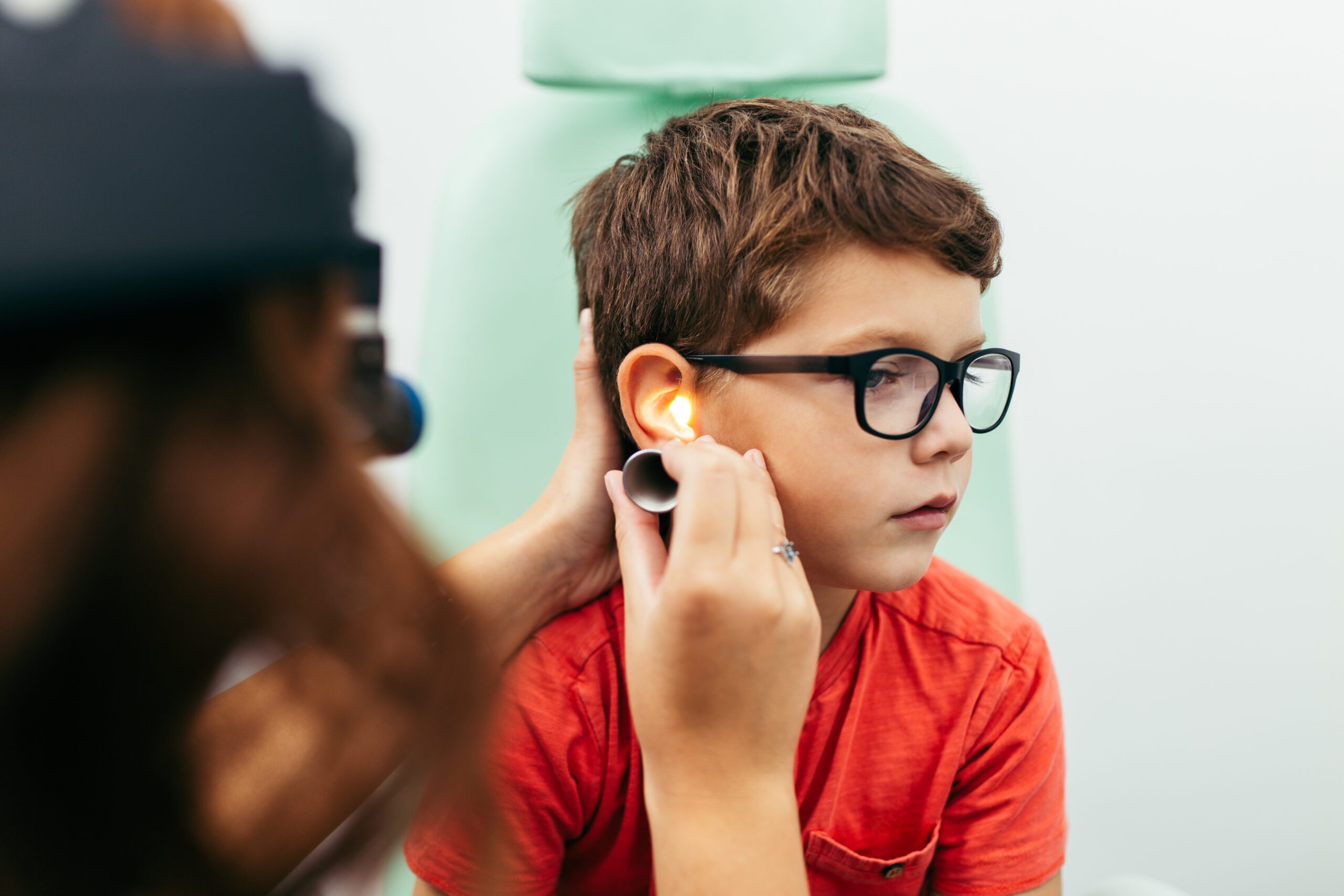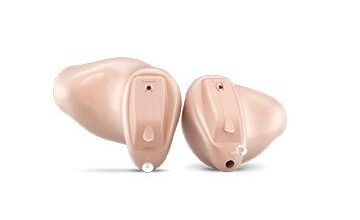FAQ
Frequently Asked Questions
Hearing Loss

How do I know if I have hearing loss?
Hearing loss often happens slowly, making it difficult to notice. In fact, family members and friends may notice hearing loss before you do! If you or someone else notices a change in your hearing, it is wise to seek professional hearing testing. Our clinic offers a full audiological assessment, testing both the degree and type of any hearing loss present.
Are there different kinds of hearing loss?
Yes! There are two main types of hearing loss: sensorineural and conductive.
Sensorineural hearing loss involves damage to the inner ear or to the nerves that travel from the ear to the brain. Sensorineural hearing loss is permanent and can reduce both the volume and clarity of sounds. This type of hearing loss is most often helped with hearing aids.
Conductive hearing loss occurs when the passage of sound is blocked or disrupted in the ear canal or in the middle ear, reducing the volume of sounds. Depending on the cause, conductive hearing loss can be treated medically or surgically. However, medical procedures may not fully reverse the conductive loss. In this case, people with conductive hearing loss can often benefit from hearing aids.
Hearing Aids
Do I need two hearing aids or can I buy one?
If you only have hearing loss in one ear, then one hearing aid is typically all you need. However, if you have hearing loss in both ears, it is a good idea to get two hearing aids. Just like our eyes, our ears work better together. Amplification in both ears will help with sound localization and speech discrimination. Using two hearing aids instead of one can also allow you to use a lower volume setting than if you were to use only one aid.
Can I get a hearing aid that is completely invisible?
You may have seen ads for hearing aids that are “invisible”. Invisible-in-the-canal (IIC) custom-fit hearing aids sit deep within the ear canal, making them small and discreet. While IIC hearing aids are an option for certain patients, this style is not well-suited for everyone. The small size means battery life is shorter and certain features offered in other hearing aids are not available. Patients with small ear canals, greater degrees of hearing loss, or dexterity challenges will not find IICs suitable. Today’s behind-the-ear (BTE) hearing aids are small and sleek, making them a great option when balancing hearing aid benefits and comfort.
How much do hearing aids cost?
Most major manufacturers have four different levels of technology that provide a wide range of prices to suit patient needs. We work together with you to find the hearing aid style and technology level that balances your preferences, budget, and hearing loss needs.

Tinnitus
What is tinnitus?
Tinnitus is a symptom of an underlying condition that causes ringing (or buzzing, hissing, whistling, humming, etc.). Common causes include hearing loss, stress, noise exposure, build-up of earwax, ototoxic drugs, and certain disorders.
What can I do about it?
While there is no cure for tinnitus, the symptom can be managed effectively. If you suspect that you have some form of tinnitus, the first step is to undergo a professional evaluation to help discover the root cause of the tinnitus.
For many patients, a combination of amplification and sound therapy helps reduce their symptoms.
Can over-the-counter remedies help with my tinnitus?
Internet search results for tinnitus usually bring up remedies such as ginkgo biloba, lipo-flavonoid, or certain vitamins. There is no scientific evidence to suggest that over-the-counter substances or herbal remedies work better than the placebo effect.

